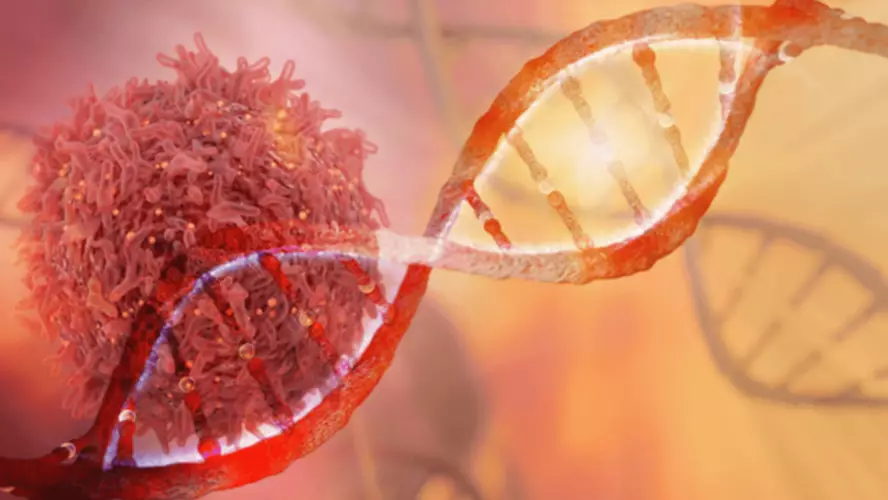Fetal Alcohol Syndrome: Causes, Symptoms, and Risks

But many things can help children reach their full potential, especially if the problem is found early. Alcohol use in pregnancy has significant effects on the fetus and the baby. Dependence and addiction to alcohol in the mother also cause the fetus to become addicted.

Fetal Alcohol Syndrome In Adults: How FAS Affects Adulthood?

DNA is what transmits all the information about the father to the baby and so the less damage the better. You could have one child who is born healthy and another child who is born with problems. One study found that adults with FAS were more likely to experience symptoms of anxiety and depression than those without the condition. This is thought to signs of fas be due in part to the social and emotional difficulties that individuals with FAS may face, such as difficulty forming relationships or managing emotions. Similarly, employment can be a significant challenge for individuals with FAS. Difficulties with executive functioning, social skills, and impulse control may impact their ability to secure and maintain employment.
Lifestyle Quizzes

There is no amount of alcohol that’s known to be safe Sobriety to drink during pregnancy. If you drink during pregnancy, you place your baby at risk of fetal alcohol syndrome. Fetal alcohol syndrome and other FASDs can be prevented by not drinking any alcohol during pregnancy. A woman shouldn’t drink if she’s trying to get pregnant or thinks she may be pregnant.
- Fetal alcohol spectrum disorders (FASDs) affect up to 5% of first graders in the United States.
- However, as for many other diseases, prevention is the only cure for FAS.
- You can avoid fetal alcohol syndrome by not drinking alcohol during pregnancy.
- The training helps us to provide services that are both physically and emotionally beneficial to our patients and you, the pet parents.
Intellectual Disabilities and Learning Difficulties

The prognosis of FASD is variable depending on the type, severity, and whether treatment is issued.citation needed Prognostic disabilities are divided into primary and secondary disabilities. Adults with FAS may require additional support and services to help them manage symptoms. A doctor may refer a person for a neuropsychological assessment. This may consist of various tests to assess symptoms, such as cognitive function, attention, and memory. With time, FAS children tend to have eye, ear, and dental problems.
It can also be comforting to know what’s behind your or a loved one’s behaviour and feelings. Lifelong treatment is required and is more effective if collaborative care coordination occurs between all professional agencies. The families of people with FAS should also be included in treatment interventions. It is a lifelong condition affecting people through adulthood. However, most studies have not researched FAS symptoms in people over the age of 30. Cleveland Clinic Children’s offers compassionate, expert neonatal care and surgery for preemies and newborns with complex medical conditions.
Risk factors

Increased awareness leads to more timely referrals for evaluation when concerns arise about a child’s development or behavior. The first step often involves a comprehensive review of the mother’s medical history, including her alcohol consumption during pregnancy. Understanding the timing, frequency, and quantity of alcohol intake is critical. This step helps to establish a connection between maternal behavior and potential outcomes for the child. While Fetal Alcohol Syndrome (FAS) often brings to mind images of infants and young children, this condition profoundly affects people throughout their entire lives. The focus on early childhood symptoms and diagnoses sometimes overshadows the ongoing challenges that adults face living with FAS.
What’s the difference between fetal alcohol syndrome (FAS) and fetal alcohol spectrum disorders (FASDs)?
It’s possible that even small amounts of alcohol consumed during pregnancy can damage your developing fetus. If you are pregnant and can’t stop drinking alcohol, ask your obstetrician, primary care doctor or other healthcare professional for help. A social worker can direct you to community programs that offer help, for example, Alcoholics Anonymous. In addition to the acute effects of withdrawal, babies often suffer the teratogenic (causing physical abnormalities) effects of alcohol.
There is no lab test that can prove a child has fetal alcohol syndrome. Many of its symptoms can seem like attention deficit hyperactivity disorder (ADHD). At the same time as you ask your healthcare provider for a referral to a specialist, call your state or territory’s early intervention program. Request a free evaluation to find out if your child can get services to help. You do not need to wait for a healthcare provider’s referral or a medical diagnosis to make this call.
- Research has found young adults with FASDs—including fetal alcohol syndrome—are more likely to drop out of high school, get into legal trouble, and struggle with substance use.
- Sometimes the doctor can find severe problems during the pregnancy.
- Talk to the doctor about alternative treatments and whether they’re right for your child.
- Fetal alcohol spectrum disorder is often called a hidden disorder because the majority of people with it have no outward signs of disability.
The right treatment plan can help individuals with FASDs manage their symptoms. Individuals with FASD may also experience difficulties with memory, learning, communication, and executive functioning, such as thought processes and decision-making. These and other effects of FASDs can negatively affect social interactions. Many children born with FAS have smaller heads than those without the condition.
Fetal Alcohol Syndrome
Prevention efforts focus heavily on education and support for women before and during pregnancy. Healthcare providers often screen for alcohol use during routine visits and can connect women to appropriate support services when needed. As there is no treatment other than supportive care for children with fetal alcohol syndrome, the major way of lessening the impact of fetal alcohol syndrome is to not drink while pregnant. The severity of fetal alcohol syndrome symptoms varies, with some children experiencing them to a far greater degree than others. Signs and symptoms of fetal alcohol syndrome may include any mix of physical defects, intellectual or cognitive disabilities, and problems functioning and coping with daily life. Impairment of facial features, the heart and other organs, including the bones, and the central nervous system may occur as a result of drinking alcohol during the first trimester.

